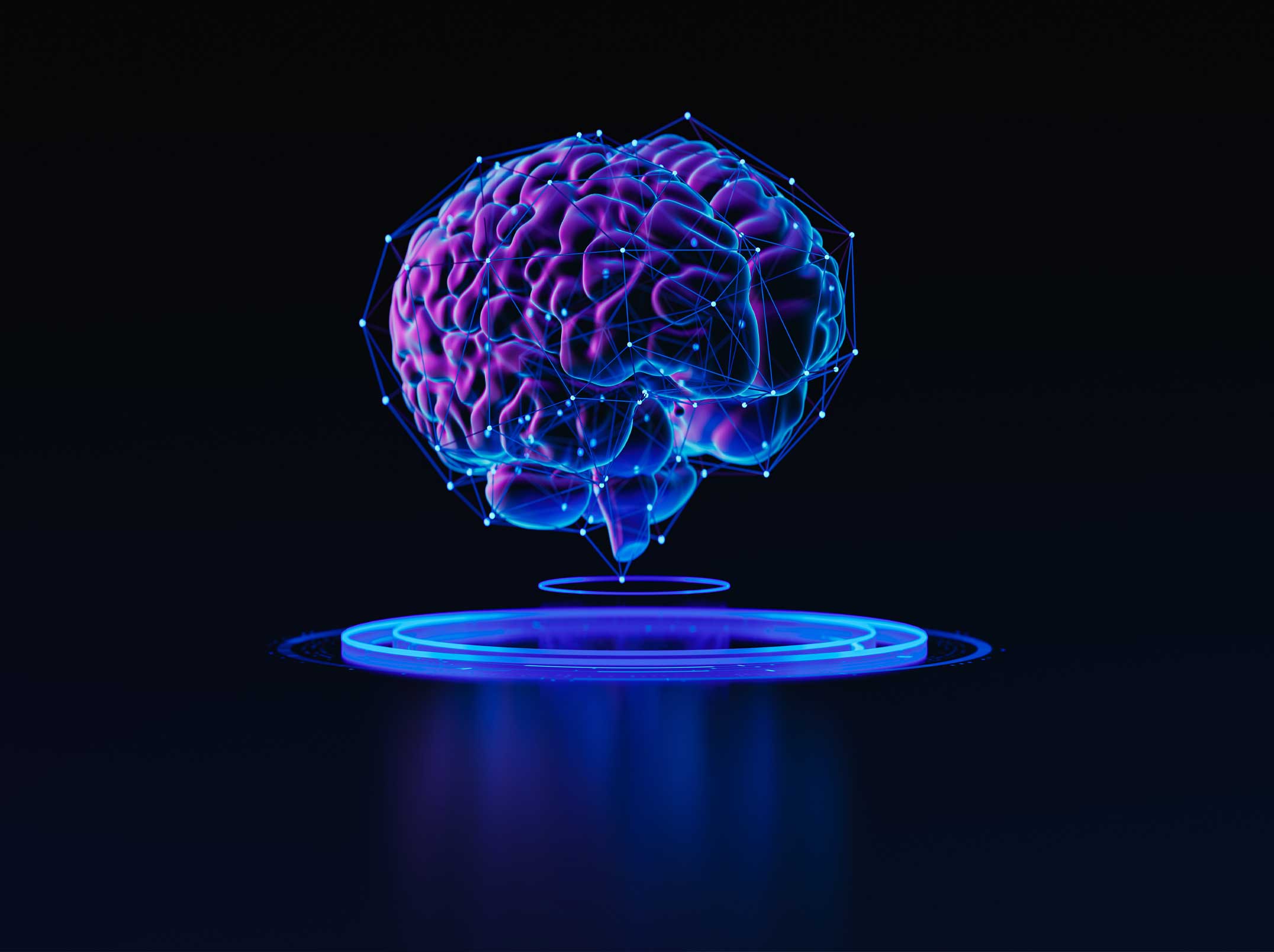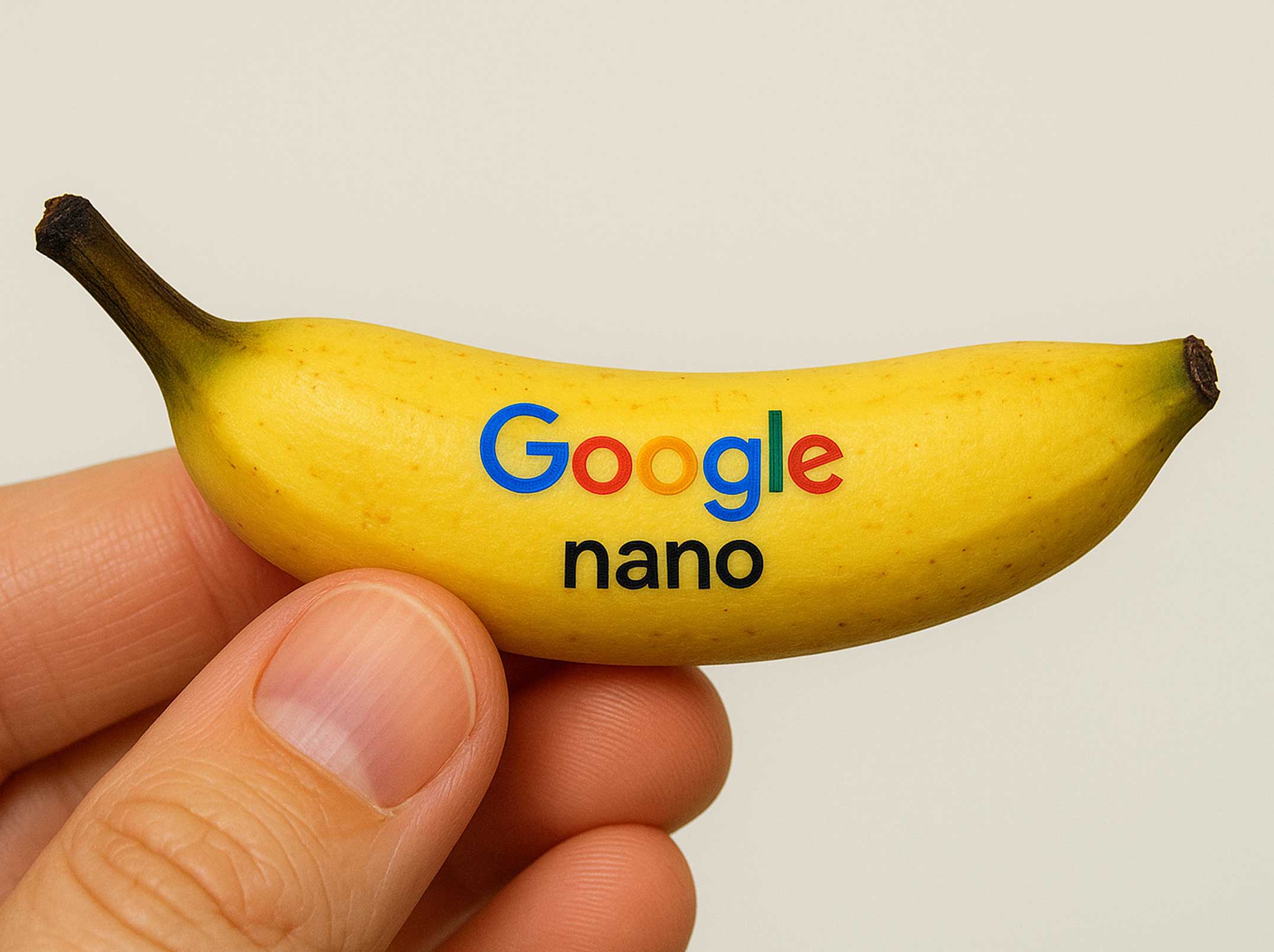Google AI Overviews Drive More Traffic to YouTube
Google's AI Overviews increasingly favor YouTube content in search results.

Google's AI Overviews (AIOs) are rapidly changing how users discover information, and a significant shift is underway: YouTube content is increasingly appearing at the forefront of these AI-generated summaries. This evolution isn't just a minor tweak; it's a fundamental recalibration of search visibility, compelling content strategists and SEO professionals to reconsider their approach to video content and its role in the broader marketing ecosystem. The implications for organic reach and brand exposure are substantial, demanding a closer look at how businesses can optimize for this new reality.
Surge in Video Content Integration
Google's AI Overviews (AIOs) are demonstrably prioritizing video content, particularly from YouTube. Data indicates a substantial surge in YouTube citations within AIOs, with some analyses showing increases of over 300% since early 2024. This isn't merely a coincidence; it reflects Google's strategic move to leverage its own video platform within its AI-powered search results.
This preference for video underscores a critical evolution in search behavior. Users are increasingly seeking visual and auditory information for answers, especially for "how-to" guides, product demonstrations, visual verification, and current events. For marketers, this trend translates into an urgent need to re-evaluate traditional content strategies. Simply relying on text-based articles for SEO is becoming less effective for certain queries when an AIO can provide a direct, video-driven answer at the top of the search results. Integrating high-quality, SEO-optimized video content on YouTube is no longer an optional add-on; it's becoming a foundational element for maintaining and improving visibility in Google's evolving search landscape.
Implications for Content Creators and Marketers
The rise of video in Google's AI Overviews means one thing for marketers: seamlessly merge your YouTube and SEO strategies. This isn't just about engagement; it's about getting your content featured in those AI overviews. By creating optimized YouTube videos that directly answer user queries, you boost discoverability and secure prime visibility in the new search landscape. It's essential for staying relevant.
AI's Role in Content Personalization
Beyond merely integrating video, AI is revolutionizing content personalization. By processing vast amounts of user data, artificial intelligence empowers marketers to move beyond broad audience segments, delivering experiences meticulously tailored to individual preferences and behaviors. This unprecedented level of customization not only fosters deeper audience connections by making content feel directly relevant to each user but also significantly enhances overall engagement and conversion rates. It shifts the paradigm from mass communication to a highly individualized dialogue, ensuring content resonates more profoundly with its intended recipient.
Emerging Trends in Digital Marketing
As AI continues its rapid evolution, several critical trends are reshaping the digital marketing landscape, moving beyond personalization to redefine user interaction, operational efficiency, and trust.
Interactive and Immersive Experiences
The adoption of augmented reality (AR) and virtual reality (VR) is fundamentally changing how consumers engage with brands. Far from passive viewing, these immersive technologies offer dynamic experiences like virtual try-ons for apparel and makeup or interactive product demonstrations that allow users to explore items in their own environment before purchase. This shift empowers consumers with richer, more tangible interactions, bridging the gap between digital content and real-world decision-making.
Smarter Marketing Automation
AI-driven automation is transcending basic task execution to become a strategic tool for optimizing marketing workflows. These intelligent systems enable real-time adjustments to campaigns, dynamically reacting to user interactions, performance metrics, and evolving market conditions. This responsiveness not only drives significant increases in efficiency but also enhances the overall effectiveness of campaigns by ensuring messages are delivered at optimal moments with maximum relevance.
Ethical AI Use and Transparency
With the proliferation of AI-generated content, the industry is seeing a vital emphasis on ethical guidelines and transparency. Platforms like YouTube are at the forefront, implementing mandatory disclosure policies that require creators to indicate when content has been significantly altered or generated by AI. This commitment to clear labeling helps maintain audience trust and combat misinformation, fostering a more transparent digital ecosystem where consumers can differentiate between human-created and AI-generated media.
Actionable Insights for Businesses
To navigate this evolving digital marketing environment, businesses must strategically adapt their content and technological approaches.
Here are the essential strategies to consider:
- Invest in High-Quality Video Content: It is now critical to develop informative videos that directly align with user search intents. This isn't just about SEO; it's about increasing the chances of your content being featured prominently in Google's AI Overviews, which increasingly prioritize video.
- Leverage AI for Hyper-Personalization: Utilizing AI tools to meticulously analyze customer data is no longer optional. This enables the delivery of genuinely tailored content experiences, which in turn significantly enhance engagement and conversion rates.
- Embrace Interactive Technologies: Integrating technologies like Augmented Reality (AR) and Virtual Reality (VR) into marketing strategies will provide the immersive experiences that captivate modern audiences and foster deeper retention.
- Ensure Ethical AI Practices: Transparency is paramount. Businesses must disclose the use of AI-generated content and rigorously adhere to platform guidelines. This commitment to ethical AI use is fundamental for building and preserving consumer trust in an increasingly AI-driven landscape.
By adopting these proactive approaches, businesses can effectively thrive within the dynamic digital marketing environment being shaped by continuous AI advancements.
Subscribe to our newsletter
Stay informed with the latest marketing trends, expert insights, and exclusive updates delivered monthly.




